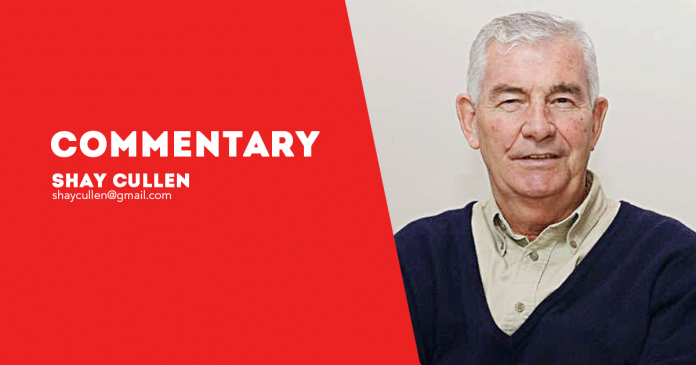
BY FR. SHAY CULLEN
THE 2015 Paris Agreement recognized the great damage caused by climate change to small, non-industrialized countries and the rich industrialized nations as the biggest sources of GHG. These rich countries are bound to provide climate finance to offset the damage. The Philippines is claiming some percentage of the $100 billion approved in 2019 but has never been fully paid each year except in 2022. The deal expires this year, and the said amount is considered insufficient since the climate crisis worsens year after year as the planet gets hotter and CO2 in the atmosphere is not decreasing.
How much the payment increase would be is the challenge posed at COP29 in Baku, Azerbaijan. Campaigners are calling for an increase of $500 billion to $1 trillion. Some say $5 trillion is needed to offset the climate loss and damage.
The increase would enable undeveloped and underdeveloped countries to move from fossil fuel sources of power generation to renewables. In the Philippines, the transition is much too slow. Corruption at various levels of government is causing artificial delays to building solar power transmission lines of Aboitiz’s solar plant in Zambales, to cite one example.
Scams involving payments for permits are commonplace among some officials and can hold up a project for a year or more as they haggle for the amount. Other causes are the delays in phasing out coal-fired power plants that contribute to climate change. The fund called “loss and damage,” administered by the World Bank and set up in COP28 to support damaged countries like Pakistan, which suffered devastating floods, and the Philippines, which is suffering more typhoon damage than ever before, is yet to begin payouts.
Rich nations producing most of the world’s GHG should compensate low-income countries that generate no CO2 but suffer the consequences of global warming the most.
The Guardian newspaper quoted climate advocate Debbie Hillier: “Climate finance is not about charity or generosity but responsibility and justice. It is based firmly on the principle of common but differentiated responsibilities and respective capabilities — those who contributed most to the climate crisis must bear the brunt of the solution.”
Among the greatest “sinners” in causing global warming and CO2 emissions are powerful industrialized countries like China, the United States, Germany, India, Japan, South Korea and Russia. They should all pay their fair share, but they do not and say they can’t afford it. So the climate activists at Baku this week are calling for megarich companies to be taxed to generate the compensation. The rich governments that gave them permits to operate must pay up, too. That is only right. The megarich oil firms are against phasing out fossil fuels and continue to deny climate change with some very ignorant politicians.
World leaders must succeed in ending the dependency on fossil fuels, or we will all perish in a disaster — not of our own making, but of the tycoons and oil cartels controlling the world economy, causing catastrophe and poverty. The hope is that nongovernmental organizations will combine their efforts to avert more disasters and win greater compensation at COP29./PN







